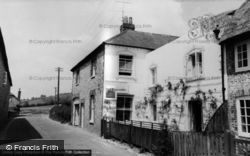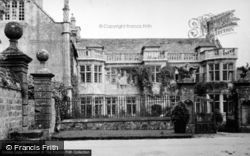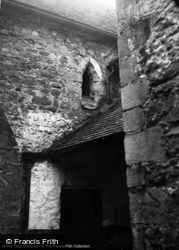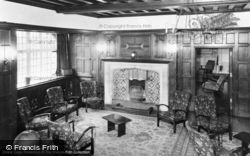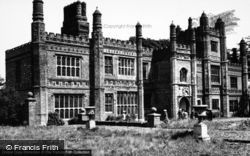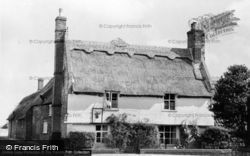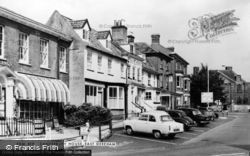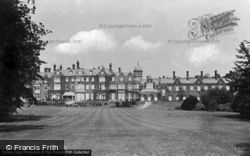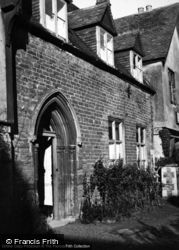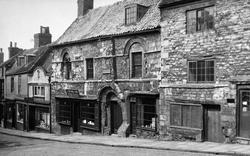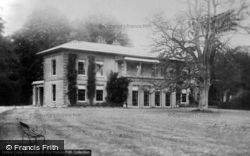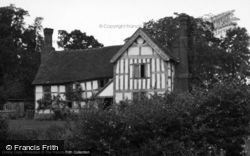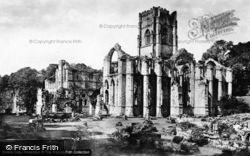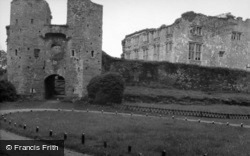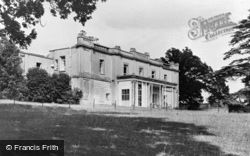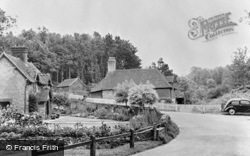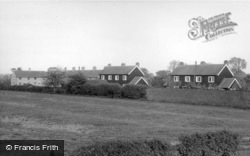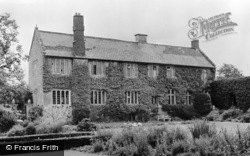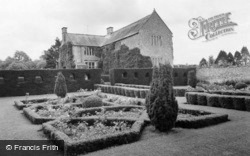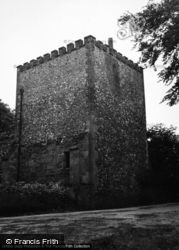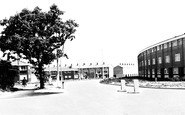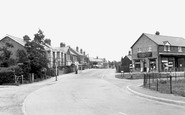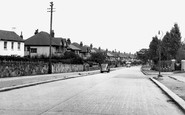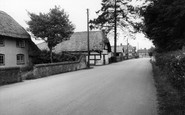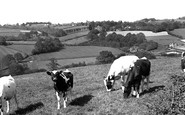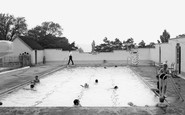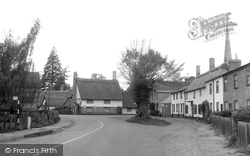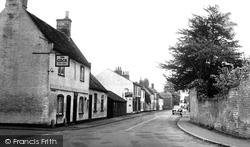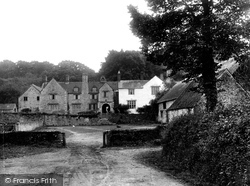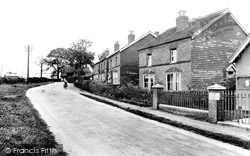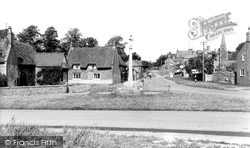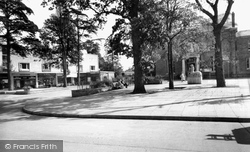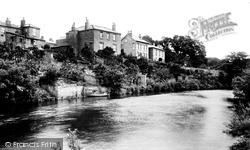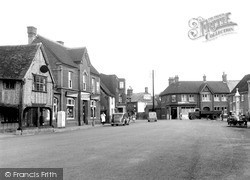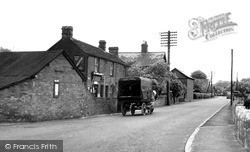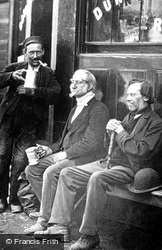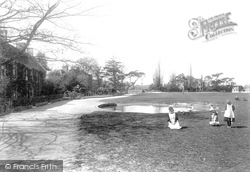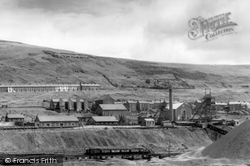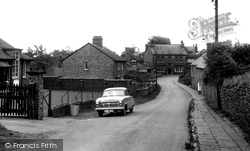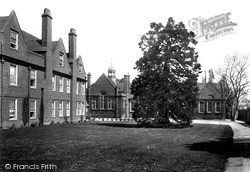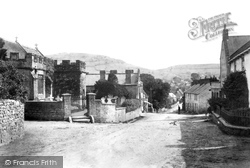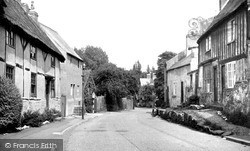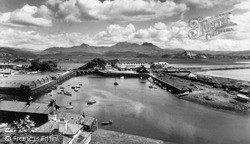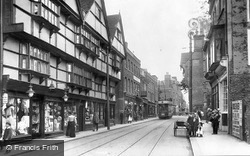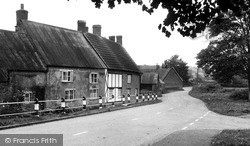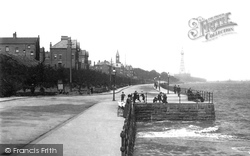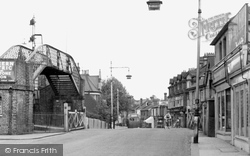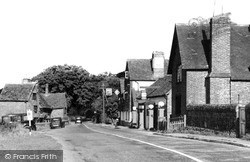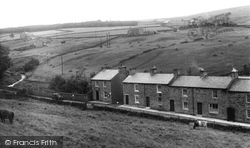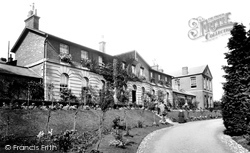Places
36 places found.
Those places high-lighted have photos. All locations may have maps, books and memories.
- Chatsworth House, Derbyshire
- Osborne House, Isle of Wight
- Brambletye House, Sussex
- Ickworth House, Suffolk
- Kingston Lacy House, Dorset
- Boscobel House, Shropshire
- Preshute House, Wiltshire
- Bolton Houses, Lancashire
- Brick Houses, Yorkshire
- Quaking Houses, Durham
- Water Houses, Yorkshire
- Bottom House, Staffordshire
- New House, Kent
- Mite Houses, Cumbria
- Lyneham House, Devon
- Church Houses, Yorkshire
- Dye House, Northumberland
- Spittal Houses, Yorkshire
- Street Houses, Yorkshire
- Tow House, Northumberland
- Halfway House, Shropshire
- Halfway Houses, Kent
- High Houses, Essex
- Flush House, Yorkshire
- White House, Suffolk
- Wood House, Lancashire
- Bank Houses, Lancashire
- Lower House, Cheshire
- Marsh Houses, Lancashire
- Chapel House, Lancashire
- Close House, Durham
- Guard House, Yorkshire
- Hundle Houses, Lincolnshire
- Hundred House, Powys
- Thorley Houses, Hertfordshire
- School House, Dorset
Photos
7,776 photos found. Showing results 1,201 to 1,220.
Maps
370 maps found.
Books
1 books found. Showing results 1,441 to 1.
Memories
10,360 memories found. Showing results 601 to 610.
Before The Town Centre Was Built ...
My family came to Basildon in 1957 as part of the overspill from London. My late father was a toolmaker and was offered a job and a house. Money was tight and we made out own entertainment. Collecting wood from ...Read more
A memory of Basildon in 1957 by
46 Bridge Road, Cove
46 Bridge Road at Cove is very significant to me because I was born in Bridge Road, no 46, on 29th June 1943, in the photo of Bridge Road it is the second house on the left, opposite Cove Supply Stores, so I'm sure my mother would ...Read more
A memory of Cove in 1943 by
My Father
My father worked for BP Llandarcy from the 1960s. I was born in 1971 and some of my earliest memories are the smell of my dad coming home from Llandarcy. He worked on a machine called the catreformer. He rescued my first cat Sooty from ...Read more
A memory of Llandarcy in 1974
Cooksons Leadworks Part 2
1965. During my time working here I carried out a number of different jobs, one was to make Zinc ingots, my shift would start with my furnace fired up and there next to it would be my "charge" this would be a pile of old ...Read more
A memory of Newburn in 1965 by
Higher Bebington Road
I grew up in Higher Bebington Road, my mum lived there from 1957 up until she died in 2008. I have seen so many changes. When we were kids we would pond-dip in the ponds on the fields at the back of the Oval now football ...Read more
A memory of Bebington by
Spring House Farm And Spring Cottage
I also have special memories of the two houses shown - Spring House Farm and Spring Cottage. Tilly and Fred (as mentioned by Marie Sloane) were my great aunt and uncle as were the Davis sisters and ...Read more
A memory of St Mary Bourne by
Living In The Village
We moved to Compton Bassett in 1957 when I was 11 and lived there until my father died in 1986. My parents were George Edward (Ted) Jones and Lucy. First we lived in Dugdales Farm house with Mr and Mrs Monck, and then ...Read more
A memory of Compton Bassett in 1957 by
Etchingham Banks
I lived on Wedds Farm from around 1948 to 1963. My father, George Couzens, a wartime Battle of Britain fighter pilot, was manager of the farm which was owned by Mr A. Howeson. They had met in the RAF during the war. I believe ...Read more
A memory of Ticehurst in 1957 by
Doseley
When my dad Derick John Jones was born in 1944 he lived in a row of houses called Dill Doll Row or Dill Da Row as some people called them, they were situated at Sandy Bank, Doseley, just behind the Cheshire Cheese pub at Doseley. My dad ...Read more
A memory of Doseley in 1944 by
The Station On The Willows
My grandfather and grandmother Dixon lived in the station house. My grandmother had a marquee on the Willows, from memories of conversations with my mother who lived there also for 4 or 5 years, on Sundays she would serve ...Read more
A memory of Ryton by
Your search returned a large number of results. Please try to refine your search further.
Captions
6,977 captions found. Showing results 1,441 to 1,464.
One of the first buildings that the visitor will meet is the picturesque 15th-century thatched Axe and Compasses public house (centre).
The Cock public house (left) stands at the corner of Church Lane opposite Braggs Lane. The Cock is now a particularly fine restaurant, and has been awarded recognition by Les Routiers.
Next to the small 15th-century parish church, out of view to the right, is Dodington Hall, a long Elizabethan manor house of 1581.
forest.There were two brick works in the village.A road of brick cottages is seen next to the Wesleyan church.The scene has now altered: the left- hand side of the road has been developed with houses
In an area of architectural gems (Rockingham Castle, Lyddington Bede House and Stoke Dry parish church), the village has a number of good ironstone houses of the 16th, 17th and 18th centuries
The paved area in front of Moot House was a sunny meeting place with mature trees, flower boxes and seats.
Behind the houses was Raby Park, an imposing housing development stimulated by the arrival of the railway.
On the left is Porch House, a heavily-restored 16th-century house, now a bank, with the pavement passing through its ground floor.
The carrier's wagon outside the post office gives an old-fashioned view to this 1950s view - but milk floats and rag and bone carts were also still horse-drawn well into the late 1950s.
The public house has long been a vital constituent of city life. Here customers could relax after the day's toil with a tankard of porter.
In its time, it has held tea parties, dancing, football, cricket, flower shows, horse-races and prize-fights. There were once several ponds on the green: this is now the only one.
A farmer in the Neath valley who had moved to Merthyr, and had worked as a haulier and later a collier, he ran the Six Bells public house and brewery. In 1862 he opened the Six Bells coal level.
The 1905 primary school is on the left beside the Ford Consul, next to a pair of 1920s brick houses.
The building on the left is the masters' boarding house.
Next down the street (left of centre) is the Castle Inn which was rebuilt by Sir Frederick Weld after a fire in 1887, with Chideock House below it.
The medieval core is rich in vernacular houses, and this atmospheric photograph shows a quite excellent example.
The right of the harbour now accommodates some rather incongruous housing, while the warehousing on the left has also given way to housing.
Not a hatless head to be seen as the open-top tram, en route to Frindsbury across the river, passes the lantern and railings of Eastgate House, threatening conflict with horse-drawn traffic.
This row of houses is still there today, but perhaps looking a little more looked-after.
The name Egremont was given to a big house built by John Askew, who bought land here. He called the house Egremont to remind him of where he was born in the Lake District.
Addlestone grew up in the mid 19th century with the arrival of the railway, when a few villas and many more terraces and pairs of artisan houses were built.
The Old Hatch, the cross-winged house on the left, has heavy Horsham sandstone roof slates. The petrol station on the right has been replaced by a 1970s pair of houses.
New Houses was built in 1788, and Fawside Green and Dudley Place in 1790. Also dating from 1790 is Iceton House, which was once the pay office.
A girls' hostel was added in 1972, and sheltered housing for the elderly was built in 1982. That year the hospital moved to Charlton Road and Cricklade College took overe the workhouse as classrooms.
Places (80)
Photos (7776)
Memories (10360)
Books (1)
Maps (370)


